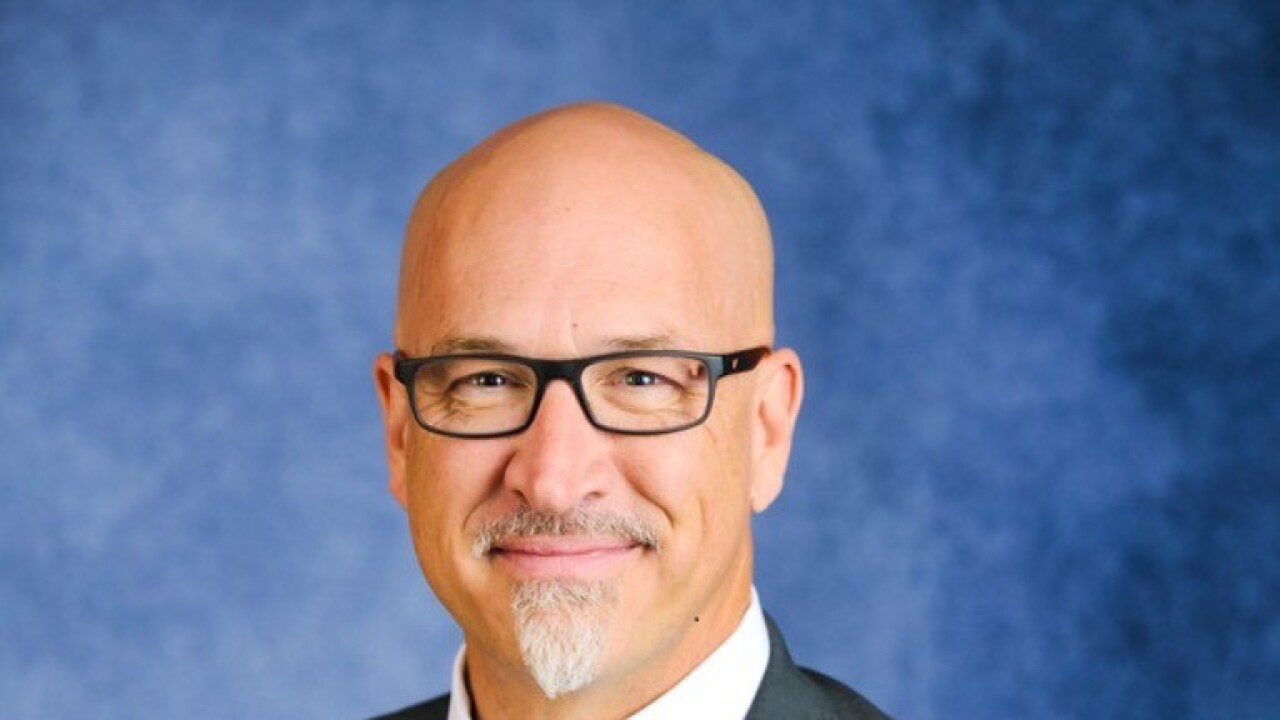The latest Issue Brief from the Employee Benefit Research Institute offers good news and bad news. The good news: We’re all living longer! The bad news: We’ll all run out of retirement savings long before we die.
And by all of us, EBRI truly means all of us, as the organization’s Retirement Readiness Rating reveals that dramatically high percentages of Americans — even in the upper-income categories — are likely to run short of money after 10 or 20 years of retirement. Turns out, in this case, the rich aren’t so different.
Almost two-thirds (64%) of Americans in the two lowest pre-retirement income levels will be running short after 10 years in retirement — as in, not being able to pay basic expenses and uninsured medical expenses for the remainder of their lives.
But at the same time, EBRI finds that after 20 years of retirement, 29% of those in the next-to-highest income level will run short of money, as will 13% of those in the highest-income level.
First used in 2003, the Retirement Readiness Rating is based on EBRI’s Retirement Security Projection Model, which evaluates national retirement income adequacy and has been updated to factor in new retirement plan changes, such as 401(k) auto-enrollment and auto-escalation, as well as updates for financial market performance and employee behavior.
If it’s true that misery loves company, we all should be content, as the projection model finds that many Americans across all ages and income brackets likely will run out of money within two decades of retiring.
Early baby boomers (age 56-62) stand a 47.2% chance of draining their retirement savings too soon, while late boomers (age 46-55) have a 43.7% chance of doing the same. Despite being younger with more time to save, Gen Xers (36-42) are in the same boat, with a 44.5% chance of running out of money.
Not pleasant findings, certainly. And even more frustrating, I’m not sure what you could do about it, since EBRI’s model takes into account your efforts like auto-enrollment and auto-escalation.
What more can you do — especially during such tough economic times when it’s unlikely that employees are making frivolous purchases in lieu of saving? I’m all ears to your ideas. Share them in the comments.





